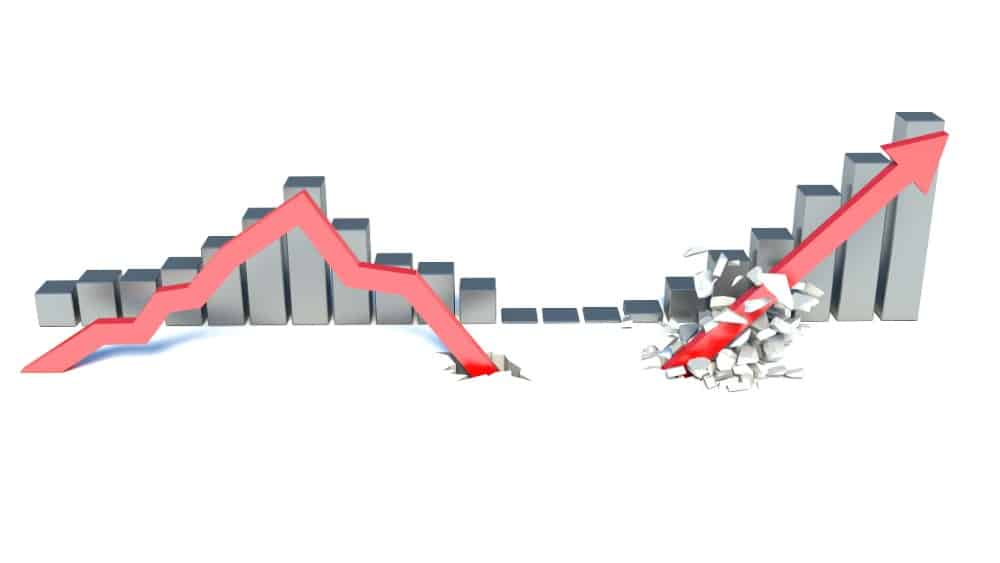Your TFSA and RRSP are the foundations for your investments. If you can adequately master how both accounts are used, you can quickly build your savings in the most tax-efficient way possible.
Hopefully, you have gotten the basics of the RRSP and TFSA down by now. If you haven’t, read this article. For those who have gotten the basics down, here are three potential pitfalls to avoid.
TFSA mistake #1: Withdrawing then contributing
While overcontribution rules can seem simple, there is one especially tricky way that you can get caught unknowingly contributing more than your TFSA room allows.
Suppose you have a maxed-out TFSA and you want to withdraw an amount from it — for example, $10,000 to pay off an expense. You know that later on in the year, you will receive a massive bonus from work that you will use to put back into your TFSA.
However, if you were to put that same $10,000 back into your TFSA at the end of the year, you would be overcontributing to your TFSA. You’ll immediately start getting charged 1% per month as a penalty. The reason is, if you withdraw money from your TFSA, that room is not available until the following year.
TFSA mistake #2: Transferring in cash
If you are looking at moving your TFSA from one financial institution to another, make sure that you transfer it over in kind and not in cash. If you first withdraw the TFSA to cash, you might run into the scenario in mistake #1, where you won’t be allowed to contribute until the next year and will be hit with overcontribution penalties.
This penalty can be very significant. If you were to transfer your entire TFSA to another financial institution and it is hit with a 1% penalty every month, that could add up to a huge amount very quickly.
RRSP mistake: Not taking advantage of foreign investments
Your RRSP has an advantage that your TFSA does not, and that is, you can invest in foreign investments without there being any taxes. The TFSA has a 15% withholding tax on foreign dividends, including U.S. stocks
Take the Canadian bank that has the most significant U.S presence, TD Bank. TD is one of the TSX’s top-performing stocks of all time. TD was the only bank to report revenue and earnings growth during the 2008 crisis. TD has been paying dividends since 1857, and with a dividend yield of around 4%, it has provided investors with fantastic yields and stock growth.
If for some reason you had invested in the TD stock om the NYSE, you would not have been taxed at all on any of the dividends. Contrast this with the TFSA, where you would have been taxed 15% every year. This also applies to if you want to invest in U.S stocks such as Facebook or Amazon. Both could be held in your RRSP without any tax consequences.
Conclusion
Master your TFSA and RRSP, and you’ll be well along the way to a comfortable retirement. Start by avoiding these lesser-known traps in your TFSA and RRSP.










